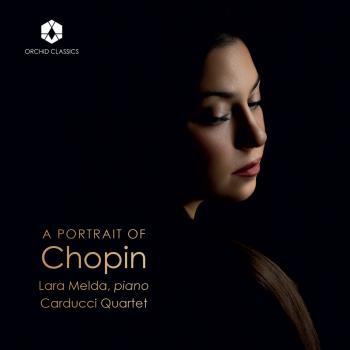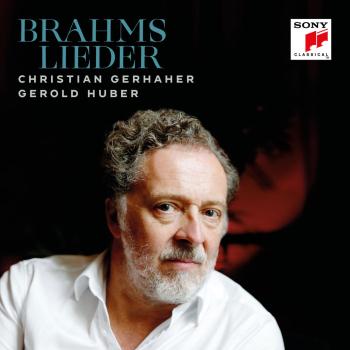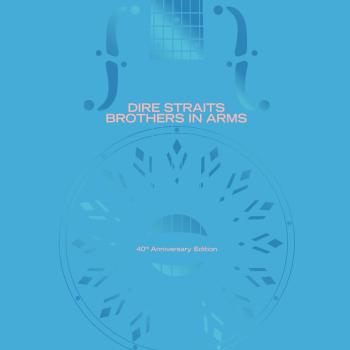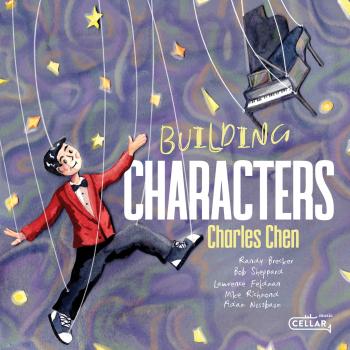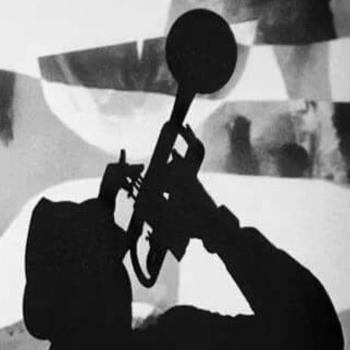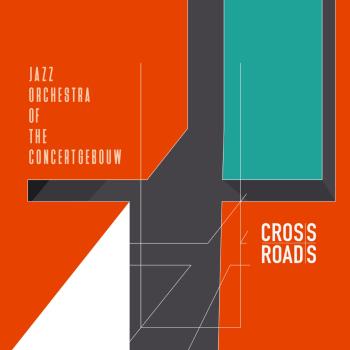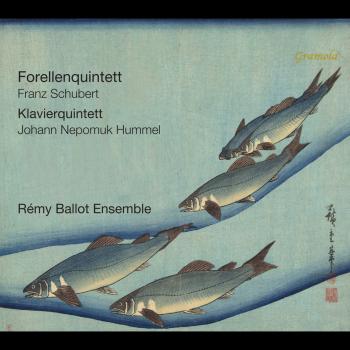
The Rite of Swing Modern String Quartet
Album info
Album-Release:
2018
HRA-Release:
11.03.2019
Album including Album cover
- Igor Stravinsky (1882 - 1971):
- 1 The Rite Reloaded - Adoration of the Earth 08:43
- 2 The Rite Reloaded - Spring Rounds 06:10
- 3 The Rite Reloaded - Ritual of the Rival Tribes 04:14
- 4 The Rite Reloaded - Evocation of the Ancestors 06:30
- 5 The Rite Reloaded - Sacrificial Dance 06:27
- Joerg Widmoser (b. 1955):
- 6 Suite Américaine 14:35
- Duke Ellington (1899 - 1974):
- 7 I Didn’t Know About You 05:12
- 8 Satin Doll 02:39
- 9 Sophisticated Lady 05:11
- Andreas Hoericht (b. 1060):
- 10 Two Sides of a Sophisticated Lady 08:13
Info for The Rite of Swing
The African Stravinsky meets Igor Stravinsky: Ellington is characterized as an „African Stravinsky” who erased the color line between jazz and classical music. Stravinsky, a composer who was heavily inspired by Duke Ellington’s music and who’s music Ellington himself was an admirer of, frequently made use of jazz figures. He took jazz very seriously and went out, listened to it. When the ultramodern Russian composer visited New York in the 1950ties, the first thing he wanted to do was to chase up to Harlem and hear Duke Ellington’s magnifique jazz symphonies at the Cotton Club.„If music can be proved a neurotic influence then I´m certain you will find Stravinsky´s `The Rite of Spring` a great deal more exciting, emotionally, than a slow „rid“ arrangement of `Body and Soul` or even a fast rendition go `Tiger Rag´“ noticed Ellington. Stravinsky and Ellington were true to their own musical visions and both created new paths for all composers that have followed. They were assemblers who borrowed, incorporated and reharmonized music. And each relied on a close collaborator – Strayhorn for Ellington, Robert Craft for Stravinsky – to function as a composer. Most important, both were able to transform almost any available musical material through the power of an instantly recognizable style.
Why Jazz Musicians Love ‚The Rite Of Spring’?
The love for Stravinsky was often pronounced, especially during and following the bebop generation. It was only a matter of time until the challenging, pulsing „Rite“ was interpreted directly by jazz musicians. Charlie Parker is been documented quoting passages from „The Rite of Spring“ and other Stravinsky works multiple times. John Coltrane says he enjoyed listening to Stravinsky as a kid, even though it wasn’t anything like the other music he grew up with. A 100-year-old ballet, composed by a Russian for a French audience, has become something of a jazz standard. Igor Stravinsky’s orchestral score for „The Rite of Spring“ has been interpolated on record by musicians like Ornette Coleman. His „Sleep Talk“ also borrows from the famous opening bassoon melody of The Rite. And The Bad Plus, of course, did the whole thing with a visual backdrop in 2011.
The Rite and jazz music at large can be seen as cousins. Roughly contemporaneous, both emerged in the 1910s, experienced their share of rejection and wound up among the most profoundly influential musical developments of the 20th century.
Joerg Widmoser, violin
Winfried Zrenner, violin
Andreas Hoericht, viola
Thomas Wollenweber, cello
Modern String Quartet
Since 1983 the Modern String Quartet has belonged to the most influential ensembles of the European cross-over scene. As artists between classic, avantgarde and jazz the 4 musicians have shown again and again the huge variety of the possibilities of contemporary music, obviously going into the music thoroughly for the very moment. Obviously – because also for Joerg Widmoser (violin), Winfried Zrenner (violin), Andreas Hoericht (viola) und Thomas Wollenweber (cello) applies: after the game is before the game.
In more than 2.500 concerts, on 20 albums so far and last not least in the context of countless exciting cooperations with artists like Konstantin Wecker, Tony Williams, Matt Glaser, Wolfgang Dauner, Charlie Mariano, Klaus Doldinger, Joe Haider, Mercedes Sosa or Joan Baez the many times awarded quartet has shown its extraordinary championship. Whether in Europe, North America, Africa or Asia – with the tremendous energy that is released by their music, the virtuous gang of four from Munich/ Germany continuously fascinates listeners all over the world.
According to the motto: „We perform everything that we did not learn from our teachers“ the members of the Modern String Quartet circle the secret core of their art and venture into spheres unheard of so far. Early on they had already developed a distinctive way of ensemble playing, and on this basis worked out a diverse repertoire. The art of free improvisation and the respectful handling of notated compositions show the quartet the way into the unknown and fascinating territories of sound.
An unequivocal dogmatic allocation of the ensemble to the field of modern classical music or the world of jazz is definitely not possible: as a string quartet, Joerg Widmoser, Winfried Zrenner, Andreas Hoericht und Thomas Wollenweber relate on the one hand to the high quality and tradition of classical chamber music, but on the other hand they belong as a jazz group to Duke Ellington’s description of contemporary music: „Music at the right spot, the right time, with the right people“.
The Modern String Quartet fulfills this task with a broad repertoire consisting of numerous original works alongside works of Johann Sebastian Bach, Wolfgang Amadeus Mozart or Igor Stravinsky, as well as pieces by Philip Glass and Steve Reich. In addition, the ensemble plays songs by George Gershwin, John Lennon and Paul McCartney, Sidney Bechet, Miles Davis, to name only a few.
Against this background it becomes clear: for the Modern String Quartet „crossover“ is not only a word. Its all about creative crossing of borders, artistic movement and intellectual agility. The four strings celebrate an innovative development of chamber music concepts on the grounds of tradition in a never-ending work in progress.
This album contains no booklet.

